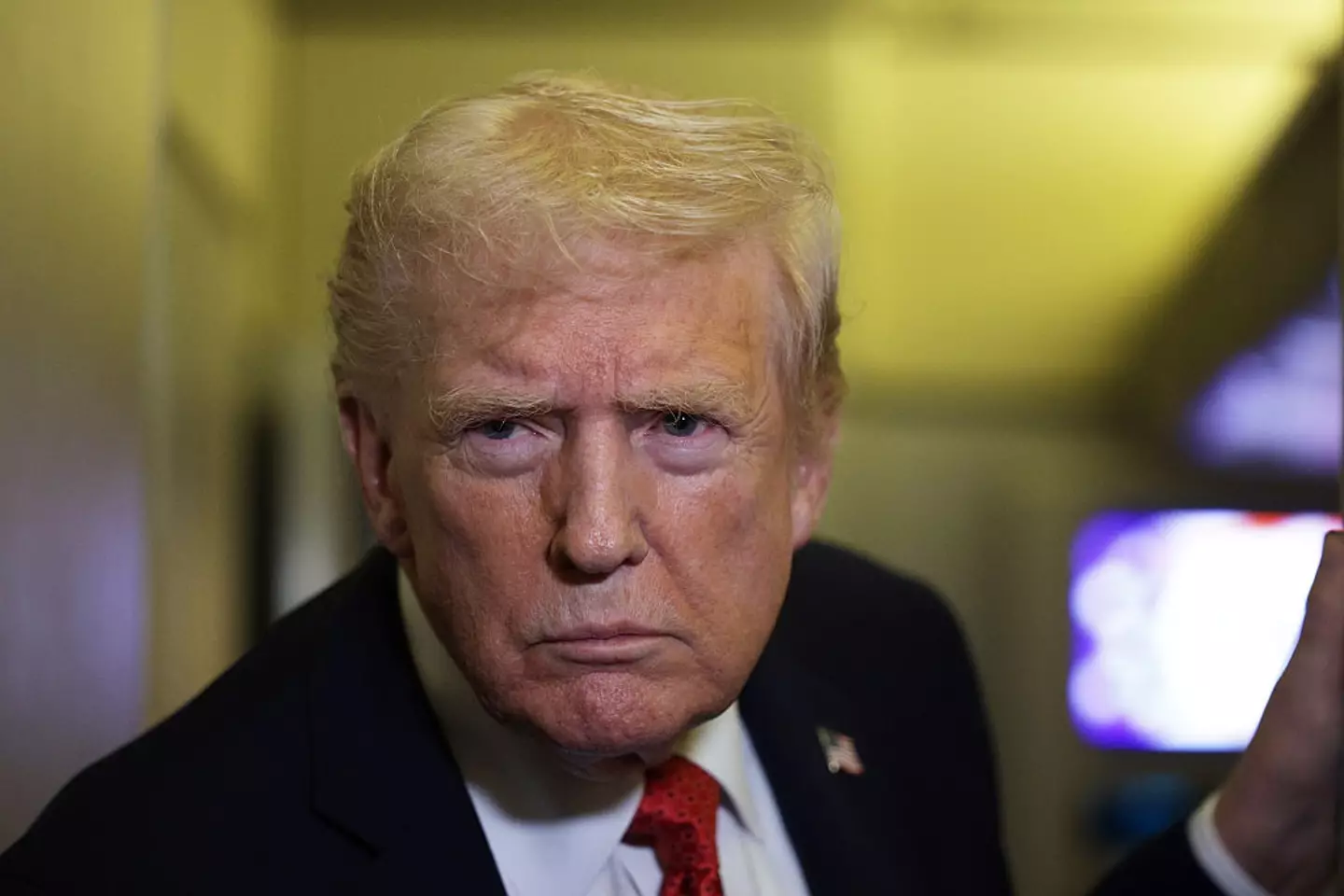A remarkable political and legal scenario is unfolding, one that has captured national attention and sparked widespread debate. Former President Donald Trump has announced he is seeking approximately $230 million from the Justice Department, claiming damages from federal investigations into Russian interference and the search of his Mar-a-Lago property. The situation is historically unique because, as a sitting president, Trump would ultimately be the one to decide on the payout, creating a scenario where he effectively serves as both the claimant and the final arbiter of his own claim.
The claim, filed under the Federal Tort Claims Act, accuses the Justice Department of malicious prosecution and violating his privacy. From the White House, Trump himself acknowledged the unusual nature of the predicament, stating, “It’s interesting, ’cause I’m the one that makes the decision, right?” He further elaborated on the paradox, noting, “I’m suing myself. I’ll say, ‘Give me X dollars,’ and I don’t know what to do with the lawsuit.” This admission has raised profound questions about ethics and the separation of powers within the government.

The controversy has drawn criticism from various quarters, including from within the entertainment world. Award-winning actor Ethan Hawke recently commented on the situation during an appearance on the television show The View. Hawke drew a sharp contrast between Trump’s actions and the historical precedent set by a former president. He pointedly asked the audience if they remembered when Jimmy Carter gave up his family peanut farm to avoid any conflict of interest, framing it as an act of integrity that he finds lacking in the current situation.
Hawke’s use of the word “starting” to describe the showing of a lack of integrity did not go unnoticed by the public. On social media and forums like Reddit, many viewers expressed that the term was a significant understatement. One person questioned, “Starting?!?!?,” while another compared the remark to saying “space is slightly vast.” The general sentiment among critics was that the lack of integrity has been evident for a much longer period, making Hawke’s comment seem overly gentle to some observers.
Legal experts have also weighed in on the unprecedented nature of the claim. Bennett L. Gershman, an ethics professor at Pace University, highlighted the inherent conflict, noting that the lawyers who would decide the case are appointed by Trump himself. He described the situation as “bizarre and almost too outlandish to believe.” While Trump has suggested any money received would go to charity rather than personal gain, the fundamental ethical questions surrounding a president potentially authorizing a massive payment to himself from taxpayer funds continue to dominate the conversation and fuel public skepticism.


